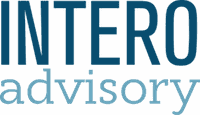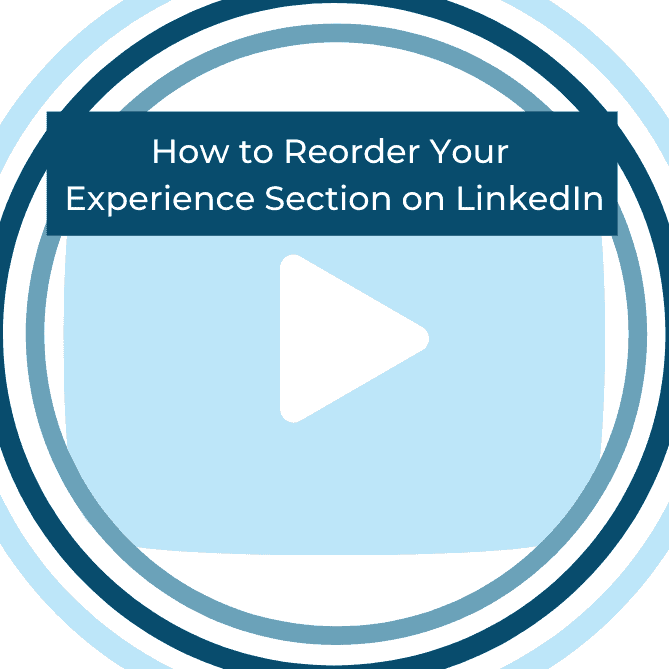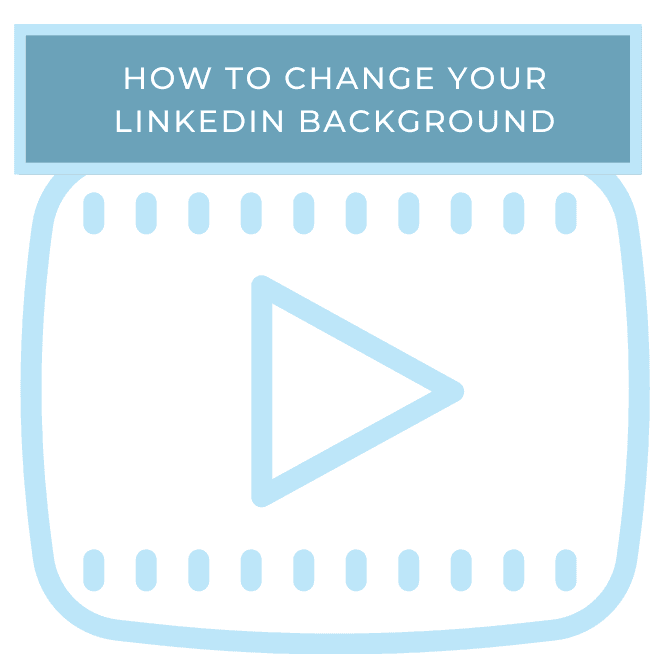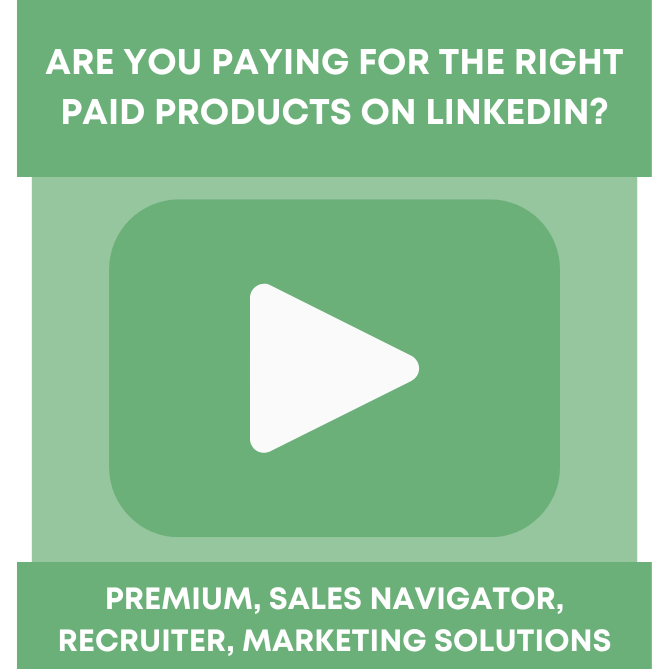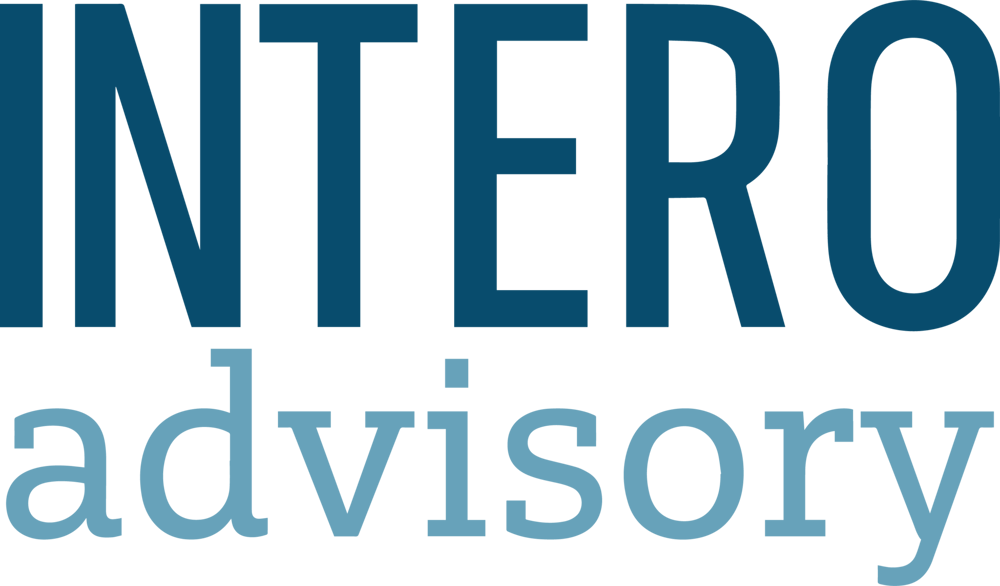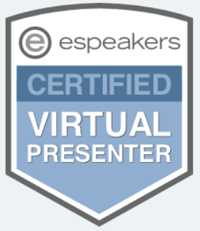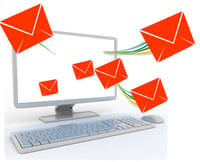 We have all experienced it. We work at a company for so long and when a newbie joins the team, they identify gaps, see areas for improvement, and may even solve problems that we have been stuck on for what feels like an eternity. How is that possible? A fresh set of eyes or a new perspective can make a powerful impact in a short period of time. I mention this to point out that we often take for granted the simple things we once thought were new and over time, we see them as commonplace. Or, we don’t see them at all.
We have all experienced it. We work at a company for so long and when a newbie joins the team, they identify gaps, see areas for improvement, and may even solve problems that we have been stuck on for what feels like an eternity. How is that possible? A fresh set of eyes or a new perspective can make a powerful impact in a short period of time. I mention this to point out that we often take for granted the simple things we once thought were new and over time, we see them as commonplace. Or, we don’t see them at all.
I just returned from a Rotaract meeting where our guest speaker from the Greenville Literacy Association (GLA) informed us of a similar experience that occurs within a learning environment. While the end goal for many GLA students is to prepare for and pass the GRE, the mission of the organization is to “provide quality adult education in flexible environment that is both affordable for all and inclusive of all literacy levels.” My point? There are milestones these students achieve incrementally throughout their learning experience: achievements such as reading an entire paragraph from a book and comprehending its message or having the confidence to read bedtime stories aloud to children. Since you are currently reading this blog post, you would likely see these successes as commonplace or take them for granted because you learned to read as child. As LinkedIn trainers and coaches at Intero sometimes we take our knowledge for granted.
At our Monday team meeting, I mentioned a success story of one of our clients who was absolutely blown away with the ability to export his LinkedIn connections and their email addresses. I have never seen a face light up with so much joy and excitement. You would have thought I just handed him a check for a million dollars! It was incredible. So, I chuckled when I told the story, but then something interesting happened. My colleague told me she just had the exact same experience with another client. What? Someone else was just as impressed with this functionality that we usually glaze over in our dozens of hours of LinkedIn business coaching? Precisely.
Dear Loyal Intero-ers,
Thank you for subscribing to, and maybe even reading on occasion, our blog. I owe you an apology. I am sorry for overlooking those simple details that you would find valuable. I tend to overcomplicate the task of blog-writing and often find myself writing less because of it. I want you to learn, to be challenged and to grow from the tools we share with you. Let’s keep it simple, right?
With Gratitude,
Lindsey Stemann
Without further delay, today’s agenda will cover something simple that we have not shared with our readers yet: how to export an email list from LinkedIn. Do you send email newsletters to your customers, prospects, colleagues and professional contacts? Do you want to build your list in one fell swoop? Read on.
First, click on Network in the top navigation bar. Then, click the gear icon on the right. When the next page loads, click on “Export LinkedIn Connections” underneath Advanced Settings.

We advise to export from the pre-selected option chosen by LinkedIn: Microsoft Outlook (.CSV file). You do not have to have Outlook in order export the file.
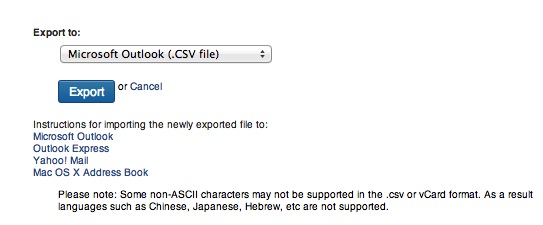
From there, your file will download into an Excel .CSV file and you will be given five pieces of information for each of your LinkedIn connections: First name, last name, current title, current company, and email address. Yes, email address.
And that’s it folks. This may not be the sexiest topic we have covered, but we hope that if you had no idea this was possible within LinkedIn, we taught you that it is possible and how you can immediately use it.
What else can you use your exported list for? How about identifying people you want to reconnect with, remove or actually meet? All good ideas of ways to use your exported LinkedIn list of connections.
Thanks for tuning in and letting me keep it simple with this tip.
